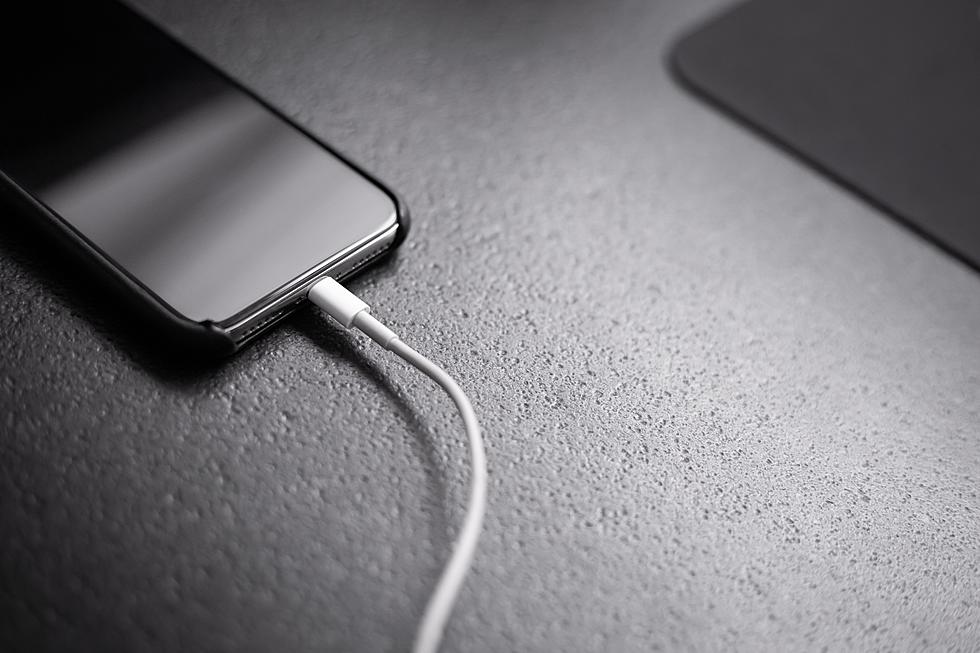
New Scam Targets Your New High Tech Credit Card
Every time a new technology comes out, a new scam seems to pop up to take advantage. And warnings are coming out that scammers are targeting American consumers who are unfamiliar with the new credit card chip technology that a lot of us are starting to see.
If you've gotten a new credit or debit card recently, you may have gotten one with a small metal chip embedded in it. It's called an "EMV" chip, and it's designed to add extra security to your card.
We're actually one of the last industrialized countries to adopt the technology. In fact, when I was in Canada for the New Year I saw that it's an everyday way of life there.
In addition to being more secure, it's also more convenient. Instead of swiping your card's magnetic strip, you simply insert the end of the card into the payment device.
The best use of this that I saw was when I was out for a fantastic lunch at a nice restaurant. Rather than getting the bill, looking it over, giving it back to the waiter with the card, waiting for him to return, and then signing, he came to the table with the payment device in-hand, inserted the chip right then and there, and printed out the receipt immediately.
For a society that's constantly looking for ways to cut seconds off of everything, I'm frankly surprised that we've lagged behind in adopting EMV technology.
But scammers are hoping that by being unfamiliar with new technology, people will be more likely to fall for age old tricks. And this is definitely one of them.
Like so many scams in the past, it comes in the form of an email that looks like it's from your bank, telling you that you need to activate the chip in your new card to secure it and use it.
Of course, it's not from your bank, but from scammers who are counting on you clicking the link and entering all of your card info, thereby giving them full access to your account.
As always, if you see an email like this, even if it looks legitimate, it's always the best option to call the number on the back of your card. The representative will be able to tell you whether the bank sent you a real email or not.
Few of us enjoy sitting on hold waiting to speak to a call center operator, but in the end, those few minutes could save your financial life!
More From 92.7 WOBM









